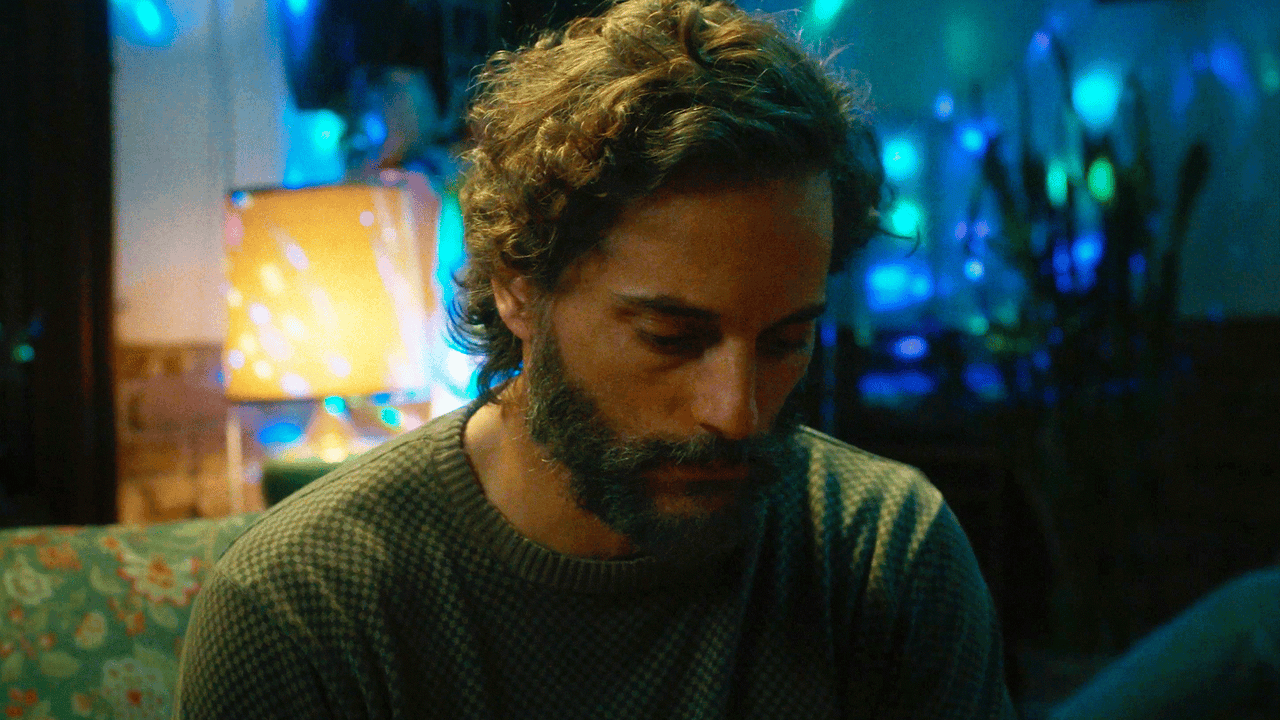"The Scent of Freshly Cut Grass" arrived at the Tribeca Film Festival, a drama that closely observes the sprouts of gender roles in our society. The film is directed by Argentine filmmaker Celina Murga ("Ana and the Others"), who also wrote the screenplay alongside Juan Villegas and Lucía Osorio.
International Narrative Competition, Tribeca Film Festival
"The Scent of Freshly Cut Grass"
The director takes us into a faculty of environmental sciences. Here begins to germinate a story that mirrors itself between two professors who will never meet but walk the same paths tinged with existential crises. These two professors are Natalia (Marina de Tavira) and Pablo (Joaquín Furriel), who teach about different types of soils. The director takes advantage of daylight to show us that these characters feel alive in that space and frames them in a way that makes them appear vast because teaching is still the only nutrient they have left. Where everything seems dead is in their homes. Both characters are shown as distant from their partners, distracted, and apathetic. The director frames them in a claustrophobic way to lock us into their supposed thoughts.
Every movement, every dialogue, every silence is meticulously crafted and projects the idea that we are never alone in this world; there is always someone else going through the same thing. But when these two professors decide to plant their desires, the viewer must pay attention to the subtleties the director presents about how the same situations are not equal for men and women, especially when it comes to roles that require a 'supposed ethics and morality' like teaching, which involve a base of power dynamics.
While the director takes advantage of the staging and floods it with green, a color present in almost every shot, symbolizing oxygen and life, like nature. These professors decide to clear their weeds by becoming sexually and emotionally involved with one of their students. Both are overwhelmed by the differences and weariness of their marriages, the pressures of motherhood and fatherhood.
Natalia has two daughters and Pablo two sons. They decide to pursue self-discovery and connection with their students in their research teams. In Pablo's case, with a younger student, Luciana (Verónica Gerez), and in Natalia's case, with a younger student, Gonzalo (Emanuel Parga). From there, the director uses the twin narratives to draw fine lines about some differences that may still permeate societal role expectations. It seems to chase questions that still remain unanswered: Is there still fertile ground for patriarchy to continue?
Murga proposes a slow and melancholic montage that eliminates any melodrama, tension, and sugary dialogues. Instead, she chooses to create sequences where silence and gazes abound and details characters who are introspective, reflective, and searching to water their roots. A story that parallels two different stems but finds them in the same cultural space, inviting through subtleties to continue deconstructing patriarchal roots and advancing as a society.
For the director, 'cinema is anything but a conclusion,' as Jean Claude Carriere says, and so is "The Scent of Freshly Cut Grass." It is a seed in fertile soil that reveals the only truth and invites reflection on how to transcend dichotomies.
Finally, outside of the film, "The Scent of Freshly Cut Grass" is a co-production between five countries: Argentina, Uruguay, Germany, Mexico, and the United States. It also has a special mentorship, being executive produced by none other than Martin Scorsese, the director who has mentored the filmmaker during her formative years in New York. From there, a bond has flourished that today has them presenting a film at the Tribeca Film Festival.

